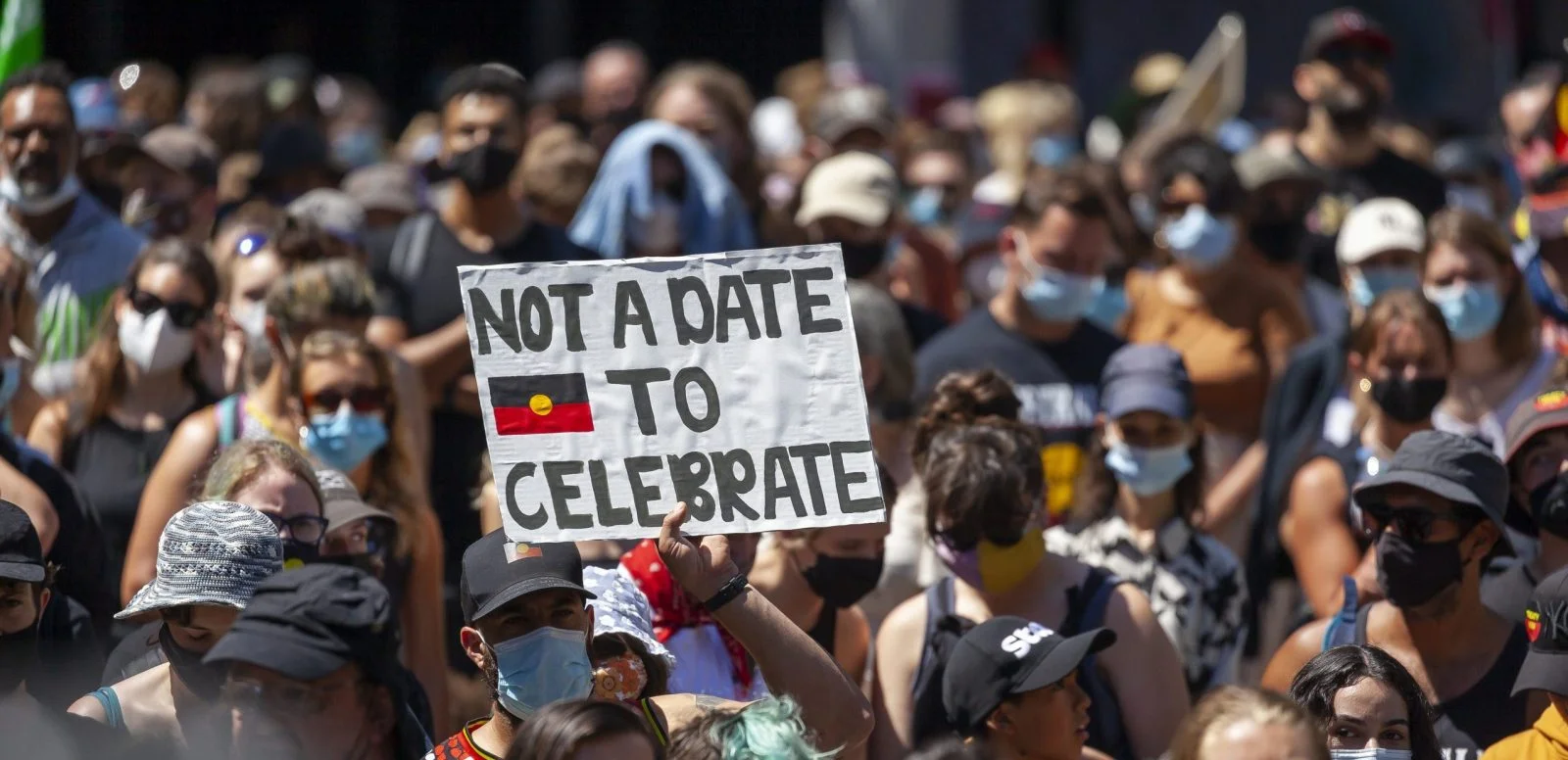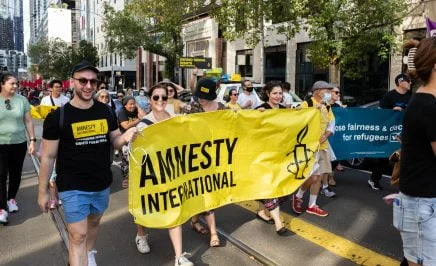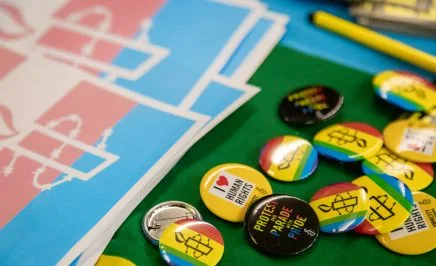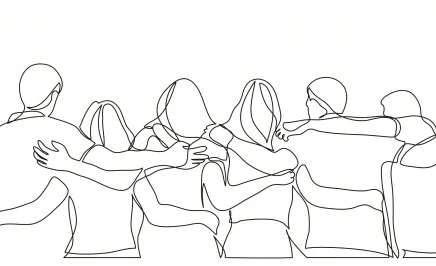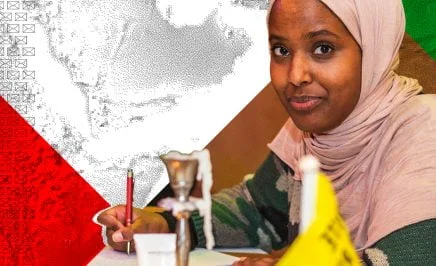What does January 26 mean to you? A day off work? A day at the beach? Hosting barbecue and listening to music? A day of reflection or learning? A day of mourning? A celebration of survival?
January 26 marks the colonisation of Australia and the grief, heartache and pain that this has inflicted on First Nations people for generations. It is also a moment to recognise the ongoing survival of the oldest existing culture in the world today.
What’s Inside the Invasion Day Activist Toolkit:
- General information about the Invasion Day.
- Practical ways to get involved and make a meaningful impact.
- Frequently Asked Questions (FAQ) answered by experts.
- Additional learning resources to deepen your understanding.
Quick links: RSVP to march with Amnesty, How to Stay Safe at a Protest, Amnesty Indigenous Rights Overview, Justice Reinvestment Petition, Justice Reinvestment QR code, Justice Reinvestment Offline Petition, Invasion Day Protest Sign Templates
A brief overview:
On January 26, 1788, Captain Arthur Phillip raised the British flag at Warrane, marking the beginning of British colonial rule on Gadigal land. This date, originally commemorated as Foundation Day, has evolved into Australia Day. However, this day also represents the start of the invasion, suffering, and dispossession for Aboriginal and Torres Strait Islander peoples. The true history of these lands spans over 60,000 years, far preceding colonial times.
What’s the issue?
For many Aboriginal and Torres Trait Islanders, January 26 is a day of mourning, symbolising the loss of their ancestors, their land, and their rights. It recalls the devastating impact of the Frontier Wars, the ongoing trauma, and the systemic injustices that continue to this day, including disproportionate rates of Black deaths in custody, health inequities, and the desecration of sacred sites. Celebrating on this day overlooks these painful realities and the resilience of First Nations peoples in the face of ongoing colonisation.
What’s next?
The rejection of the Voice to Parliament Referendum in October 2023 has reignited discussions on Australia’s colonial legacy and its present-day implications. While some see January 26 as a testament to Indigenous survival and resistance, the debate is split between those advocating for ‘Change the Date’ – shifting the national holiday to a more inclusive date – and those supporting ‘Abolish the Date’, arguing that any celebration on this day is insensitive to the historical and ongoing suffering of Indigenous communities. This debate is crucial in our journey towards reconciliation and shaping a day that truly represents all Australians.
Wear
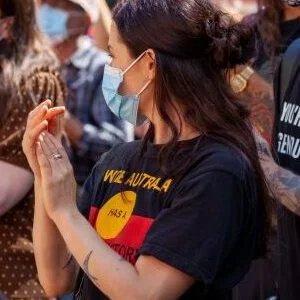
Read
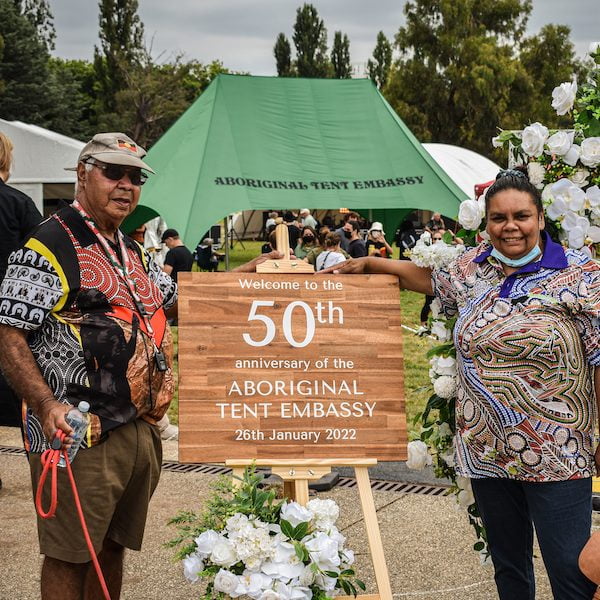
Listen
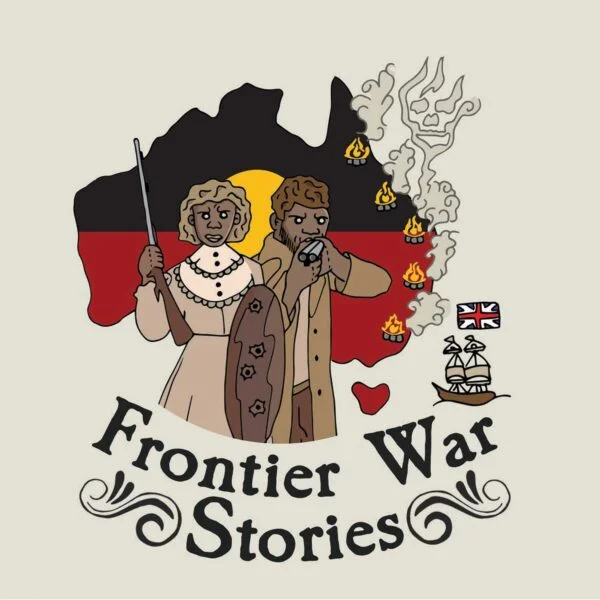
Watch
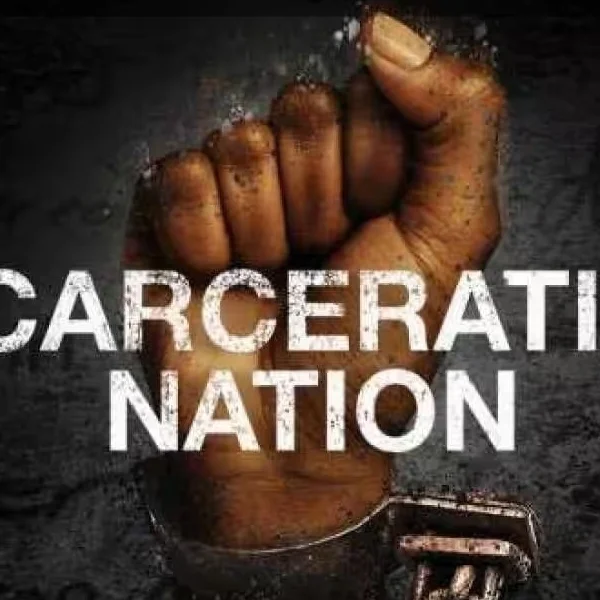
Support and Follow
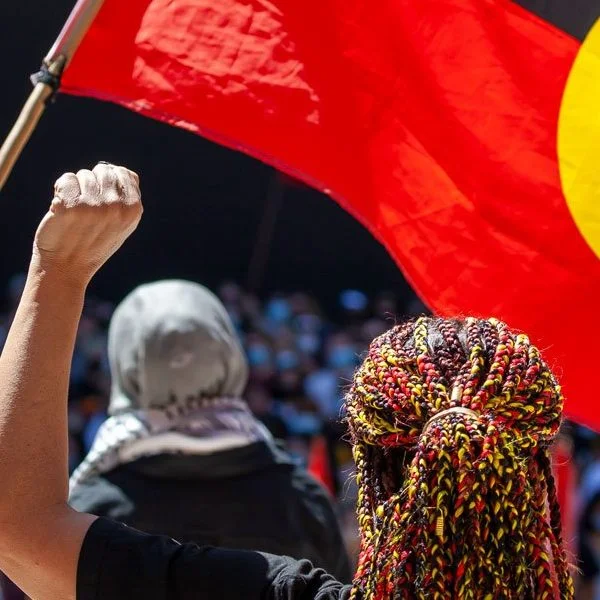
- Common Ground – instagram: @commongroundfirstnations
- ID Know Yourself – instagram: @idknowyourself
- Healing Foundation – instagram: @healingourway
- Clothing the Gaps – instagram: @clothingthegaps
- Deadly Connections – instagram: @deadlyconnections
- Dhadjowa Foundation – instagram: @dhadjowa_foundation
Be Protest Ready!
Amnesty supporters are encouraged to attend your local Invasion/Survival day event on Friday, January 26. A list of all Invasion/Survival day events that we are aware of can be found at this link.
For activists located in the below locations there is an opportunity to attend rallies as part of an Amnesty International Australia contingent in collaboration with staff. If you would like to join Amnesty contingents in these regions please RSVP at this link to receive details. We hope to mobilise as many Amnesty staff, activists and supporters at Invasion Day rallies across the country. Rallies will start at varying times and locations but our aim is to meet 30-min near start locations so Amnesty Activists can come together, meet, take photos and march together.
Demonstrations led by Aboriginal and Torres Strait Islander leaders have had a lasting impact on Indigenous Rights, even amounting to changes to the Constitution after the 1967 referendum. We’re only able to do this work now, because of the Elders who paved the way before us. This blog takes a look at how three historic protests advanced Indigenous rights in Australia.
Before you go, make sure you check out our “How to Stay Safe at a Protest” guide, take note that COVID-19 cases are back on the rise so to take precautions and wear a mask and monitor symptoms.
Ensure to RSVP to receive the contact details for the local Amnesty leads for each location or email activism@amnesty.org.au.
Resources to print and bring along:
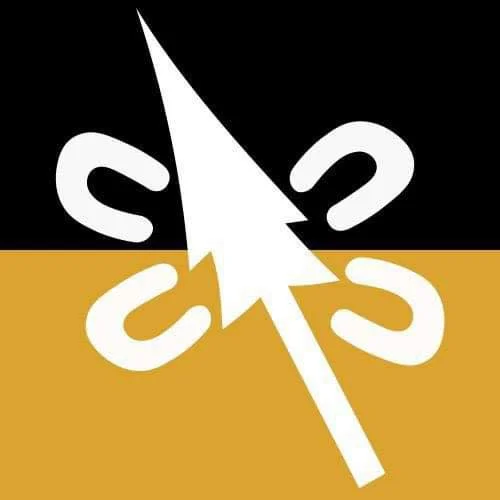
ACT
MEET: Veterans Park at 9am
CONTACTS: Stephen & Kathy
EVENT: Sovereignty Day Rally, Ngunnawal Land
Location – Garema Place
Time – 9.30am
Date – Friday, January 26
Any volunteers keen to support organising the day’s events please inbox the official page.
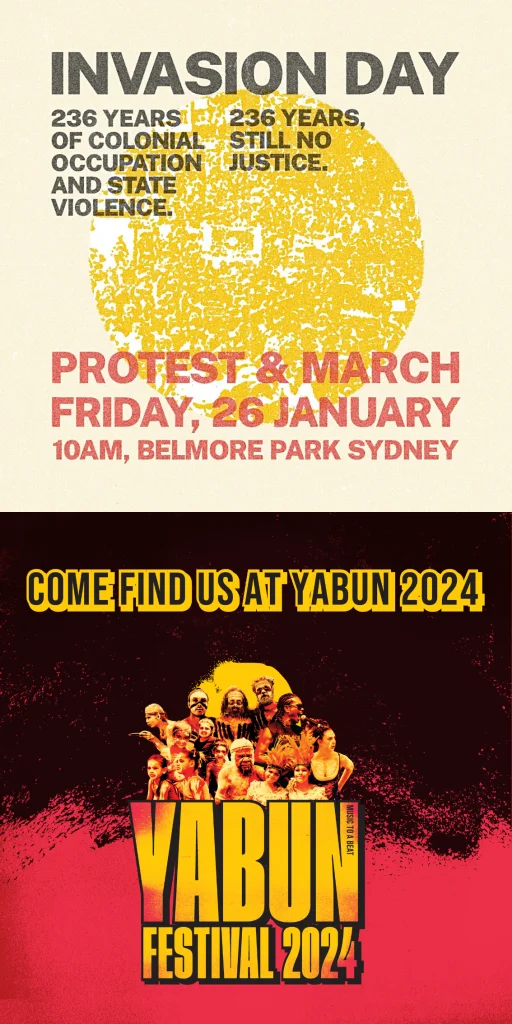
NSW
MEET: Central Station Forecourt at 9:30am
CONTACTS: Gabrielle & Jess
EVENT: Eora (Sydney) Invasion Day Rally
Location – Belmore Park, Sydney, NSW
Time – 10am
Date – Friday, January 26
We also have an Amnesty Stall at Yabun Festival! Come and say hi to our Indigenous Rights team at the Amnesty stall, and learn more about the work we’ve been doing. If you want to help out at the stall please register on this EOI form.
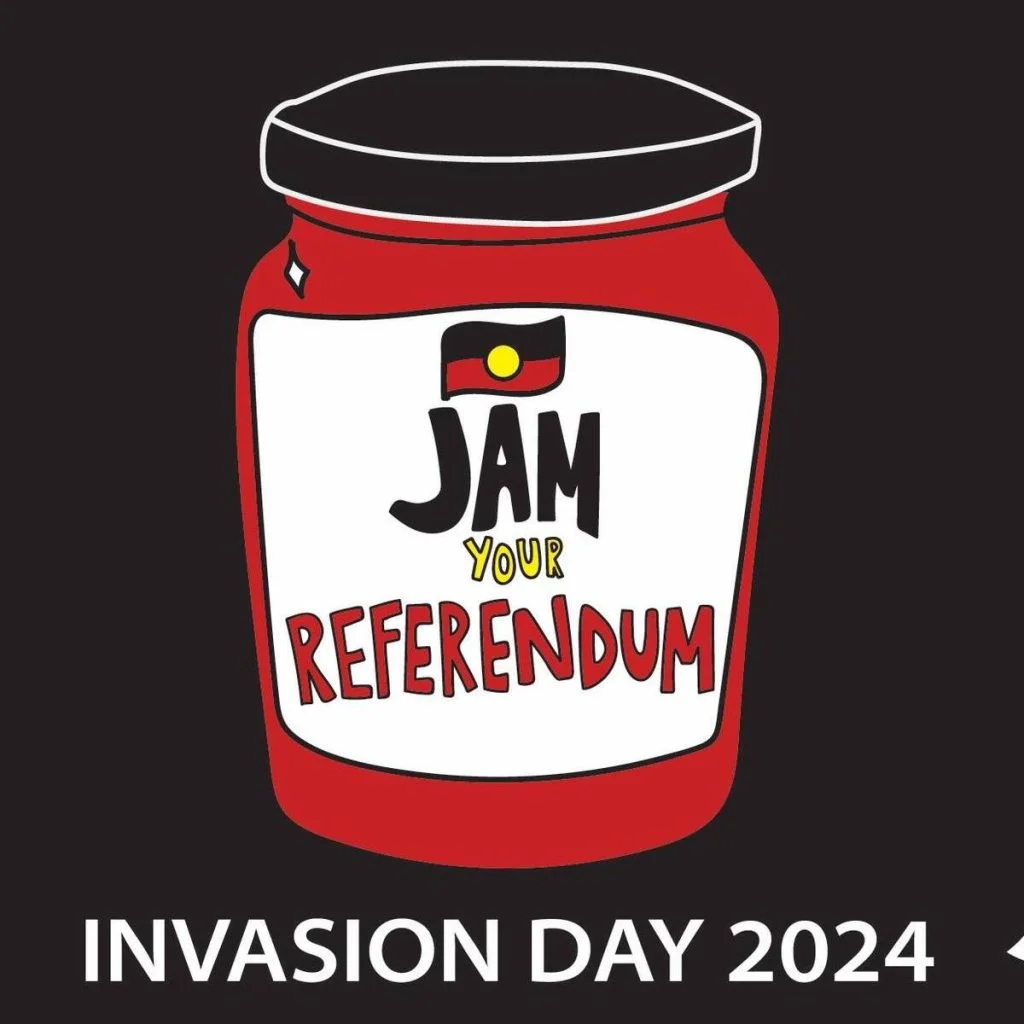
VIC
MEET: Giliot Reserve at 9:30am
CONTACTS: Amanda, Tahlia & Clive
EVENT: Naarm (Melbourne) Invasion Day Rally
Location – Melbourne Parliament House, Spring St
Time – 10am
Date – Friday, January 26
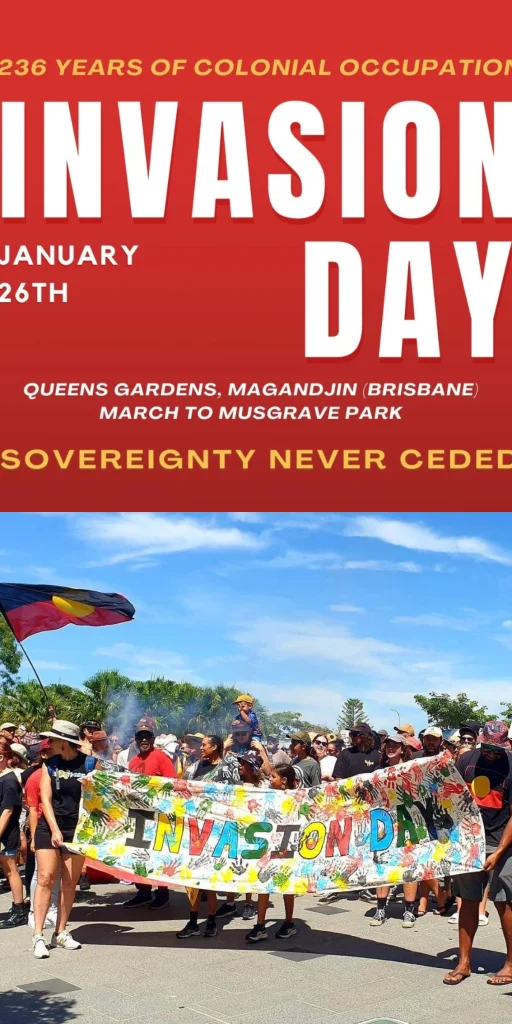
QLD
MEET: Reddacliff Place, George Street side (near the large silver ball) at 8:30am
CONTACTS: Bronwen
EVENT: Meanjin (Brisbane) Invasion Day Rally
Location – Queens Gardens (144 George St, Brisbane)
Time – 9am
Date – Friday, January 26
MEET: Foundation Square at 9am, look for yellow Amnesty Tshirts
CONTACTS: Nina
EVENT: Sunshine Coast/Gubbi Gubbi Invasion Day Rally
Location – Foundation Square, South Sea Islander Way
Time – 9am
Date – Friday, January 26
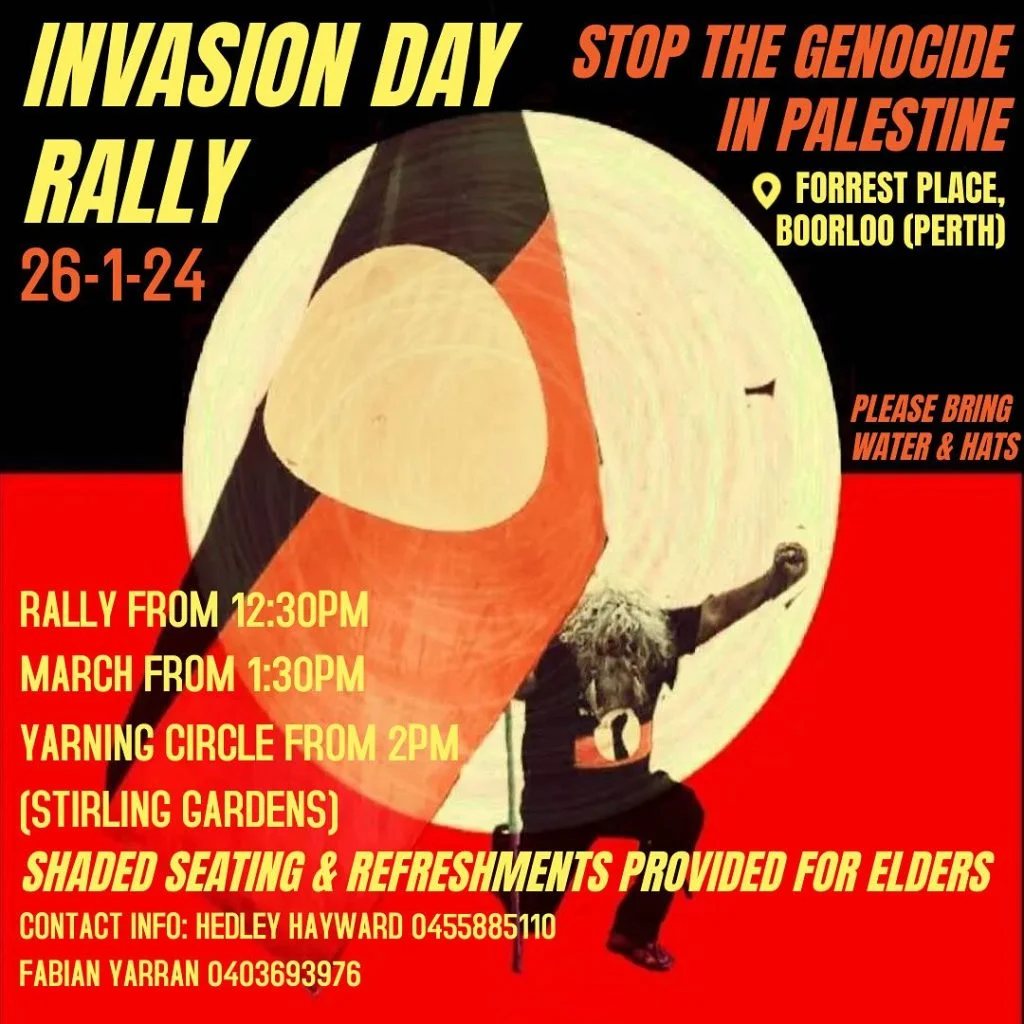
WA
MEET: Perth Station (Murray Street Mall entrance) at 12pm
CONTACTS: Tara & Betty
EVENT: Boorloo (Perth) Invasion Day Rally
Location – Forrest Chase, Perth
Time – 12.30 pm (March from approximately 1.30 pm)
Date – Friday, January 26
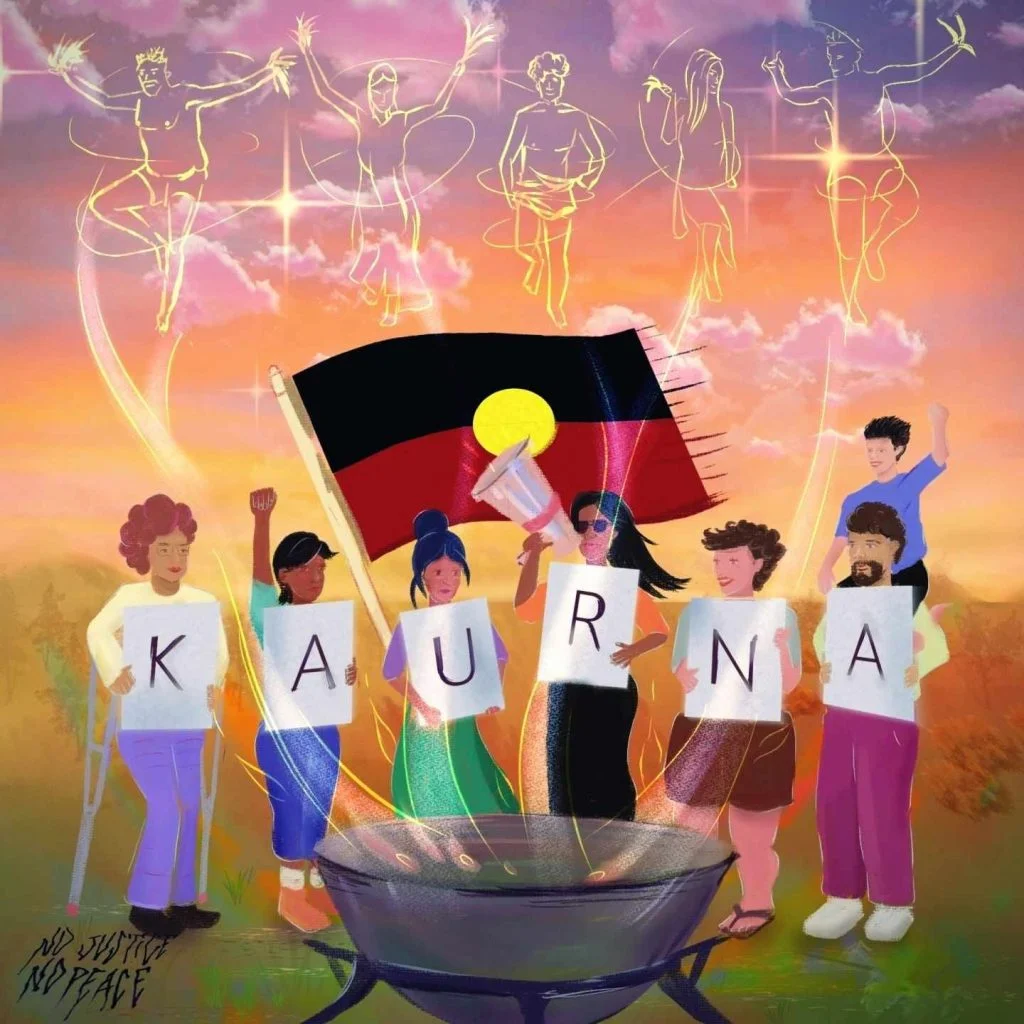
SA
MEET: Amnesty Action Centre, 70 Pirie Street at 10:30am
CONTACTS: Aira & Tim
EVENT: Tarntanya (Adelaide) Survival Day Rally
Location – Tarndanyangga (Victoria Square), Adelaide.
Time – 11am
Date – Friday, January 26

TAS
MEET: Burton’s Reserve at 9am
CONTACTS: Jane
EVENT: Cygnet Invasion/Survival Day
Location – Burton’s Reserve, 16 Charlton St, Cygnet
Time – 9:30am
Date – Friday, January 26
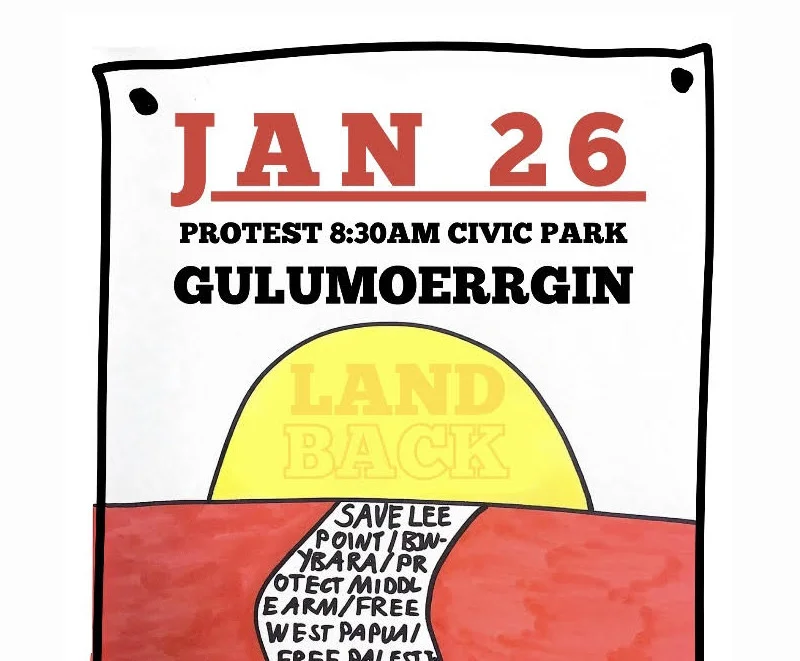
NT
MEET: TBC
CONTACTS: Elsa
EVENT: Invasion Day Protest, Gulumoerrgin, Larrakia Land
Location – Civic Park, Darwin
Time – 10:00 am (new start time)
Date – Friday, January 26
Too far away from the above rallies? Don’t fret there are plenty more Invasion Day events happening:
Check out this interactive map to find all Invasion Day events near you:
Invasion Day FAQs
Five Quick Questions with the Indigenous Rights Team:
What’s the fuss about Australia Day?
Australia Day is a national public holiday, which has been celebrated on the 26th January each year since 1994.
However, for Aboriginal and Torres Strait Islander communities January 26 is a day of mourning. It marks the start of the invasion and colonisation of this country, the mass genocide of First Nations peoples, and the dispossession of cultural practices, language and Country.
January 26 is not an appropriate day for a national celebration. Despite this, Australia remains the only former British colony who celebrates its national day on the anniversary that colonisation commenced in that country.
Should we change the date, save the date or cancel it all together?
Changing the date will not fix anything – however this is the first and very necessary step towards abolishing Australia Day and the true reckoning that this country needs to have with the injustices that continue to cause suffering today.
First Nations communities are diverse, and as such, there are a range of views about this date. Some Aboriginal and Torres Strait Islander peoples call for the date to be changed, some would prefer January 26 to be renamed and reframed as a Day of Mourning – and others call for the Australia Day to be abolished.
The effects of colonisation are still being experienced by First Nations peoples today, because the way we do things in Australia hasn’t changed. The colonial systems which were designed to benefit settlers and disclude First Nations communities remain in place. These have caused intergenerational trauma and are still having a negative impact on the social outcomes for mob today.
Let’s look at the education system: it was designed from a colonial perspective, sitting in classrooms, reading books written in English, taught by teachers speaking English, and schedules kept by colonial timekeeping methods. And only in very recent times are First Nations languages and perspectives starting to be included in the curriculum. The negative impact of this on Aboriginal and Torres Strait Islander kids throughout the generations has been huge, and this is only looking at one system within our society. Other systems such as health, employment and housing have also excluded and negatively impacted on mob since colonisation.
So, even if Australia did change the date, there is nothing to celebrate until First Nations peoples enjoy the same social justice outcomes as the rest of Australia. As Luke Pearson from Indigenous X says: “You want a day to celebrate Australia. I want an Australia that’s worth celebrating.”
Since it’s a public holiday can I appropriately still spend it with family and friends?
Bypass the Australia Day BBQ and show up this Invasion Day. We have collated a list of all the protest marches in capital cities and other locations around the country, as well as sunrise services and cultural events.
You could go to a local protest march in the morning, then head to your family’s house for lunch so you can have those hard conversations with your relatives who don’t seem to understand the issue.
Dr Amy Thunig gave some advice on how to approach the conversation: “The first question you need to ask the person you’re having the conversation with is why they think January 26 has to be Australia Day. Once you understand their foundational belief that’s driving the passion, you’ll know how to deconstruct it.” Often their arguments are inaccurate and aren’t based on facts.
A good way to decolonise thoughts about January 26 is to learn together. A couple of other questions you could explore with your family include:
– Is it ok that this day celebrates the anniversary of the establishment of Australia as a colony, when Australia is the only Commonwealth country in the world that does not have a Treaty with the First Peoples?
– Is it ok that this day celebrates being a “lucky country”, when First Nations people experience poor social outcomes across the board? Aboriginal and Torres Strait Islander peoples have a much lower life expectancy compared to non-Indigenous Australians, and are massively overrepresented in the justice system, with 558 deaths in custody since the royal commission (three already this year!) and no charges laid. On top of this, Indigenous kids are being removed from their families and community at a higher rate than ever before.
What if I can’t make it to a protest march?
There are heaps of ways you can be an active ally this Invasion Day (and every day), even if you can’t make it to a march:
– Watch the dawn ceremony and livestream of Yabun
– Learn about wealth redistribution and donate to First Nations organisations
– Forgo the public holiday and go to work as usual. Lots of Australian employers allow their employees to work on January 26, and take the public holiday at another time in the year. There is even a movement around substituting the date, which you can read about here.
– Actively seek out as many First Nations voices as possible, so that you can learn from a diverse range of thoughts and perspectives. Check out the list above.
– Check out the massacres map – what Frontier Wars happened in or near your local area? Make sure you look up the Waterloo Creek massacre.
– Learn the First Nations place name of the land that you live on, and use it daily.
– Find out what First Nations community groups exist in your area, reach out and make a connection, and turn up for events they hold.
– Support Blak businesses in all aspects of life – Need a plumber? Find a First Nations owned plumbing service in your area.
– Plant a native garden of bush foods and native habitat plants sourced from First Nations nurseries.
– Purchase a First Nations cookbook, and try some recipes. Or book a meal at your local Blak restaurant or cafe.
Australia voted No to the Voice. Does this mean that they support Australia Day?
The Referendum question specifically asked about an Aboriginal and Torres Strait Islander Voice, enshrined in the Constitution. It didnt ask whether we should continue to celebrate genocide, or ban Welcome to Country ceremonies for that matter.
Last year was a really rough time for First Nations people, and it was a brutal blow when the Voice to Parliament was so quickly voted down. However, Amnesty’s Cultural Advisor Uncle Rodney Dillon tells us to remember the positive fact that over 6 million Australians voted Yes, and stood firm in their belief that things should improve for First Nations communities.
So, if you are one of these 6.2 million people who voted Yes, then find a way to stand with First Nations people on Invasion Day – and mobilise your family and friends along the way to become active allies too!
If you’re unable to join us at the Invasion Day Rally, there are still many ways to get involved:
Social Media Advocacy: Engage in online activism by sharing Indigenous voices and using relevant hashtags. Join discussions to boost awareness and contribute positively to Indigenous rights conversations.
Petitions and Letters: Sign and share online petitions addressing Indigenous issues, and support letter campaigns for change. Your digital voice adds strength to the collective call for Indigenous rights.
Virtual Learning Events: Attend online events and webinars focused on Indigenous issues. Actively participate, ask questions where appropriate, and share insights to build an informed and engaged online community for Indigenous rights.
Social justice issues will continue to impact heavily on First Nations communities until a more just and equal society is realised. Our collective advocacy has already made an enduring impact on Indigenous rights, made possible because of decades of growing national advocacy and support for change – it starts with us.
Let’s stay safe, informed, and make our voices heard!
